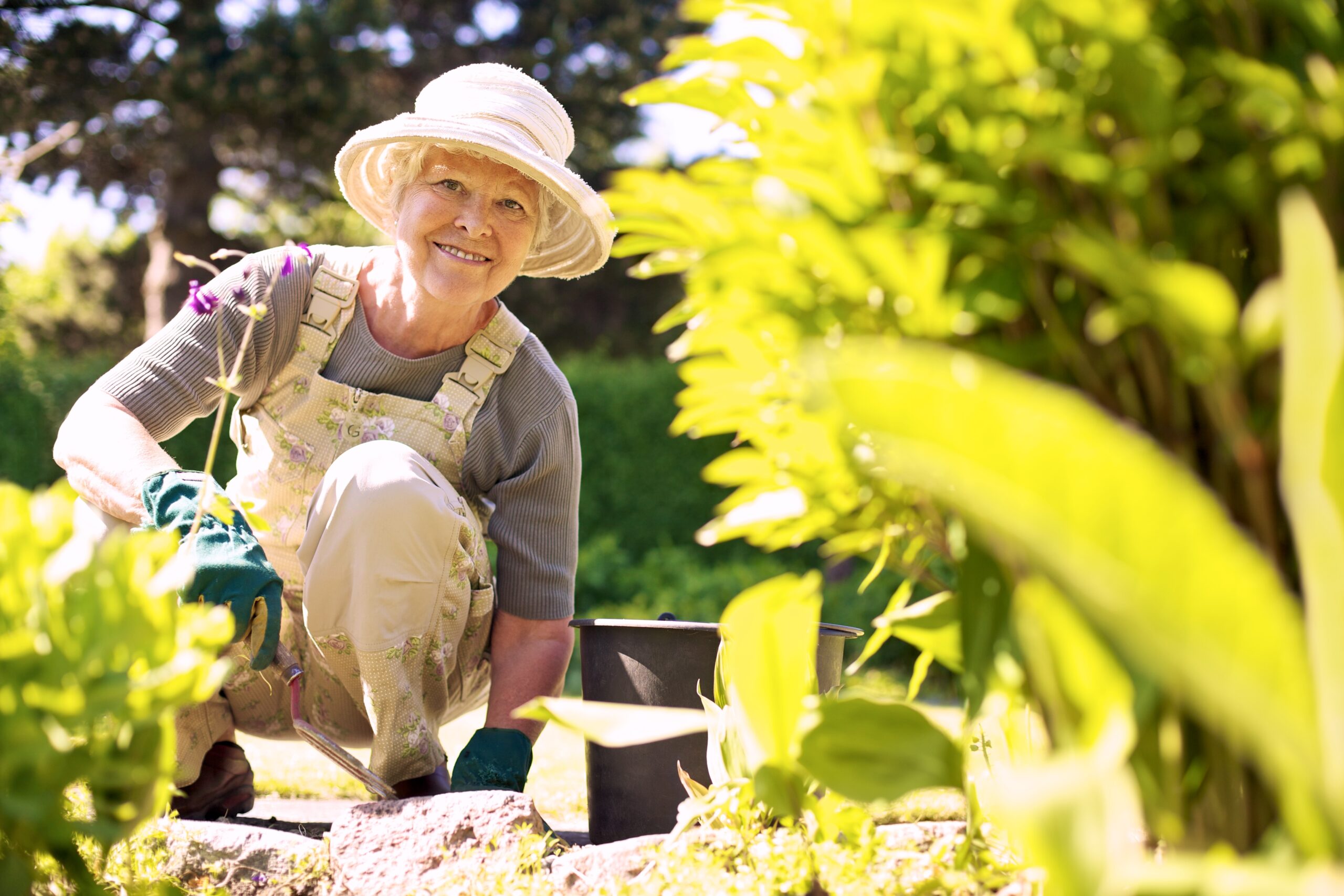Mood-Boosting Gardening Tips To Skip The January Blues
It’s only January and the UK is in the depths of winter and colder, darker weather. With shorter sunlight hours, you can be forgiven if you feel a little down and less energetic. However, did you know you can beat the January blues and Blue Monday with a little bit of gardening?
Getting outdoors in your garden can give you a much-needed dose of vitamin D by exposing you to natural light, which will improve your mood and energy levels.
Research has shown gardening can improve mental well-being and physical health, so much so that it is often called the ‘Natural Health Service’. Here are some ways gardening can help your mind, body, and soul this year:

Physical Health
Gardening is a very healthy hobby to have. It helps us to adopt a less sedentary lifestyle, lowers our body mass index, and connects us with nature, leaving us relaxed and fulfilled.
Research by the Royal Horticultural Society revealed that 80% of UK gardeners say gardening helps to keep them fit and maintain an active lifestyle. Just a couple of hours of gardening a day has been proven to reduce stress levels, tone muscles, lower blood, and cholesterol levels, reduce your risk of diabetes and strokes, and heart diseases.
Gardening is also a good body workout with 30 minutes of physical work in the garden burning 250 calories. Digging or raking a lawn for 30 minutes requires as much energy as a 2km run so why not get fit with nature’s way?
Mental wellbeing
Studies have shown that spending time outdoors can have a positive effect on mood and mental health so why not enjoy your garden on a crisp winter’s day? The fresh air and exercise boost mood and offset the stresses of everyday life, releasing both serotonin and endorphins to make you feel good.
Spending just 20 minutes spent in your garden and the peaceful surroundings of nature will help you relax and unwind, as well as help to reduce the symptoms of attention deficit hyperactivity disorder (ADHD), compared to time spent in concrete recreation areas.
The nurturing and caring aspect of growing plants is important as it gives a purpose and a sense of accomplishment, boosting self-esteem and is highly rewarding. Even if you’re a novice gardener, the sense of progress and achievement can be very satisfying.
And the benefits go beyond
A Kings Fund report showed that gardening could help dementia sufferers by reducing agitation, and aggression in hospice gardens. It has also been proven that hospital recovery rates have improved where planting is visible.
The provision of green areas and having plants around offices has been shown to reduce employee annual sick leave by as much as 23%. School gardening has proved beneficial for children with learning difficulties, behavioural problems, or health issues.
So why not get outside or bring greenery into your home as we head into spring?





























